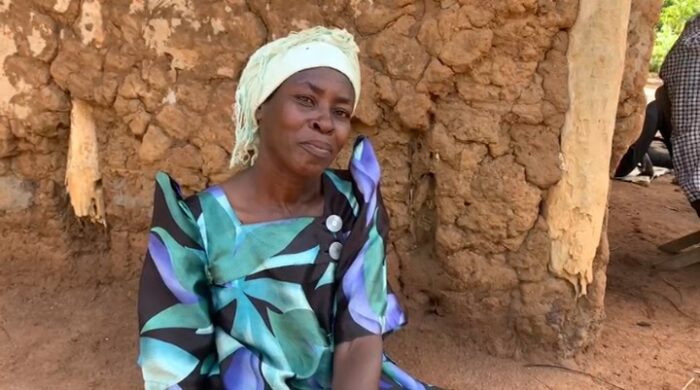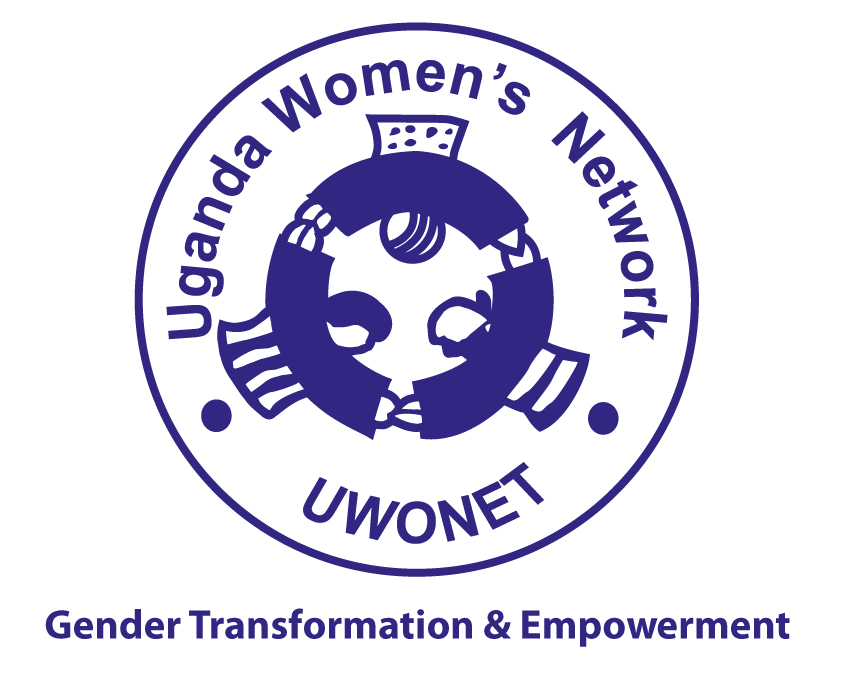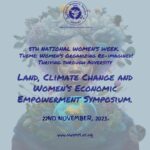A Widow’s Struggle for Justice
“A beacon of hope”
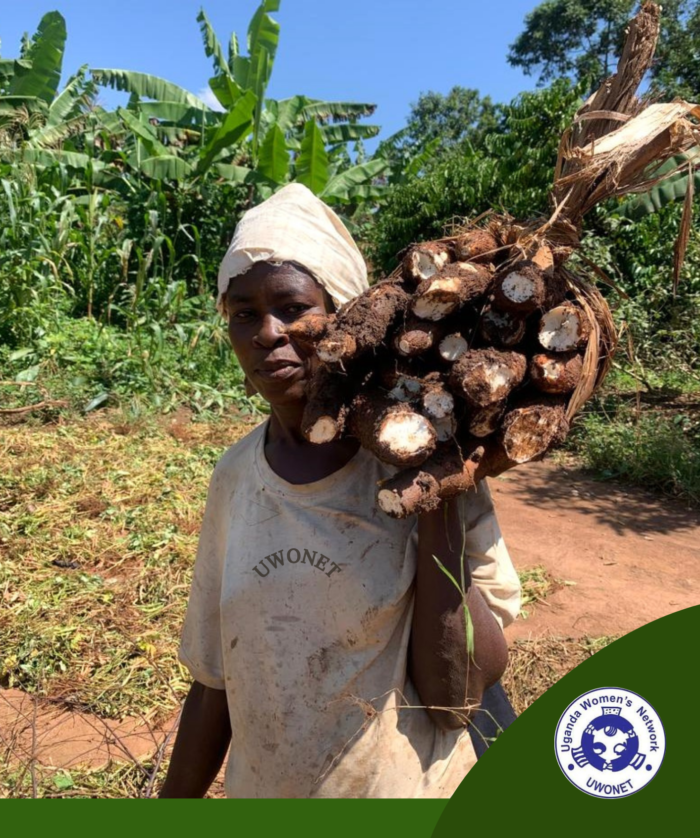
Zam, a 55-year-old widow from Namato Village in Namutumba Subcounty, Namutumba District, is a mother of nine children. Throughout her marriage and the years after her husband’s passing, she never imagined she would one day be forced to leave the home she shared with him.
Like many widows, Zam’s days were filled with the struggle to provide for her children. Her primary source of food and income was the land her husband had left behind. She cultivated crops to sell for a modest income and also kept livestock on the same property.
However, her life took a devastating turn when her brothers-in-law began attempting to force her off the land. With no alternative place to go, Zam initially turned to her husband’s family, hoping for compassion and support. Unfortunately, her pleas fell on deaf ears.
Hoping for justice through traditional means, Zam had turned to the clan leaders. They demanded money, a goat, and a chicken as part of the customary resolution process. She complied, sacrificing what little she had to meet their demands. Yet despite fulfilling their requests, they ultimately refused to grant her any share of the land.
Desperate and out of options, Zam decided to seek for legal help. She reached out to the UWONET Advisory Centre, in her fight to reclaim her rights and secure her property.
On the early morning of June 20, 2024, Zam arrived at the UWONET GBV Advisory Centre where Justine Nabwire – a Legal officer, opened a case file and provided her with legal advice regarding her rights under intestate succession—the process governing inheritance when someone dies without a will.
With tears streaming down her face, Zam shared her ordeal: “My brothers-in-law claim that neither I nor my children have any right to the land after my husband’s death.” Since her husband passing away in 2007, the brothers-in-law not only denied her inheritance but also questioned the paternity of her children, insisting they were not her late husband’s.
Zam, just like many other women, learned about UWONET from a community member who had previously attended one of our sensitization sessions in the area.
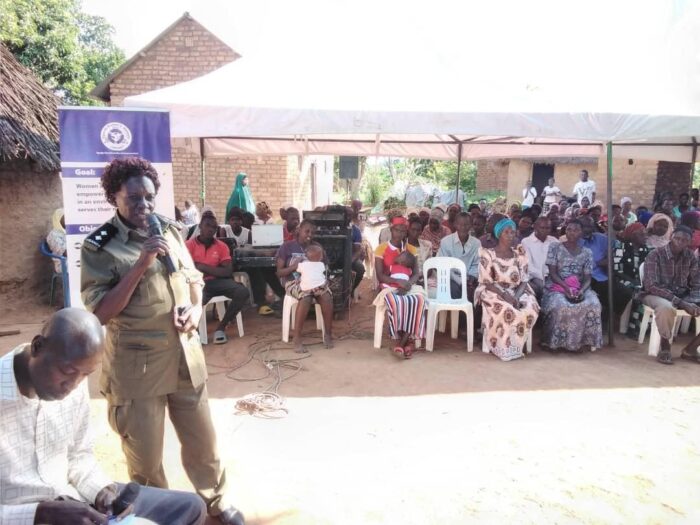
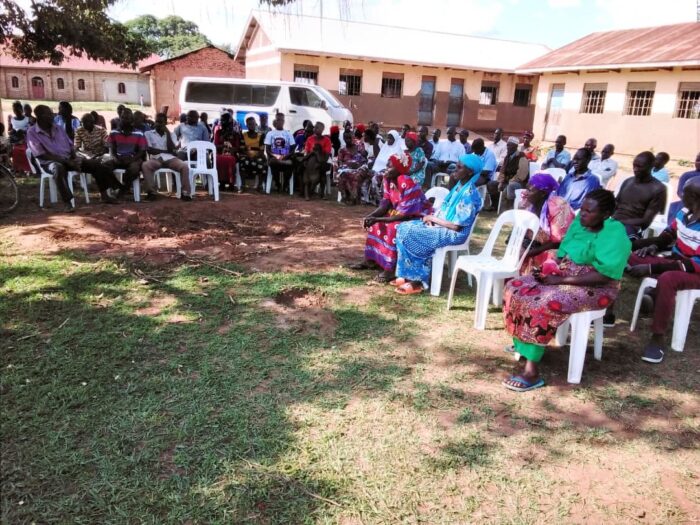
This year, UWONET has conducted community outreaches in different districts, specifically targeting community members especially the women. These outreach initiatives are strategically planned to address critical issues affecting women and girls including gender-based violence (GBV), teenage pregnancy, violence against women, and women access to justice. The activities aim to raise awareness, provide education, and effectively empower the community to engage and tackle pressing concerns.
Women’s Land Rights
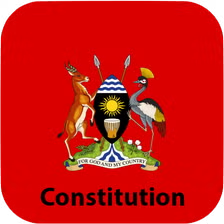
According to the 1995 Constitution Article 273 (1) and the Land Act 1998 Cap. 2004, land in Uganda belongs to the citizens and is conferred to them. These laws also prohibit discrimination against land ownership based on gender.
The Constitution of Uganda also establishes the principle of non-discrimination striving towards equality of access to and ownership of land between men and women, and it outlaws any customary norms that prevent women from owning land, as well as prohibiting land sales without the consent of both spouses.
Land in Uganda is a vital factor of production, particularly because the economy is predominantly agricultural. Agriculture employs over 80% of the population, contributes 60–70% to total annual exports (MOFPED, 2006), and accounts for 75% of the annual Gross Domestic Product (GDP) (Amotojo, 2005). Beyond its economic importance, land is central to many fundamental rights and needs, including housing, food security, income generation, and social protection. It also plays a key role in shaping both individual and collective identities (Kindi, 2010; LAW-U, 2011). As such, land ownership remains a critical policy concern in Uganda.
Women, who make up 51% of Uganda’s population (UBOS, 2024), contribute over 70% of the agricultural labor force. Despite this substantial contribution, they own only 5% of the land, with just 15% of land titles registered in their names. This disparity is particularly pronounced among women in rural areas, who are disproportionately affected by this deprivation. They often lack control over the land where they stay, cultivate the crops they produce, and the proceeds from their labor.
Gender inequality remains a significant challenge in Uganda, impacting women and girls’ access to justice, services and opportunities. UWONET recognizes the importance of addressing these issues to advance GEWE.

INTESTATE SUCCESSION
The Succession Act,2022 as amended defines intestate succession as the type of succession where a person dies without having made a Will.
OFFENCES UNDER INTESTATE SUCCESSION.
- A person who before the grant of letters of administration, misuses the estate of the deceased, or subjects it to loss or damage shall be guilty of an offence and shall on conviction be liable to imprisonment for a term of 2years or to a fine not exceeding 48 currency points.
- In addition to the penalty above, a person shall be liable to pay to the estate and the beneficiaries of the estate the loss or damage so caused.
- A person who evicts or attempts to evict a surviving spouse(widow/widower), children or dependent relative commits an offence and is liable on conviction to a fine not exceeding 168 currency points (3,360,000) or imprisonment not exceeding 7 years or both.
- An executor, executrix, administrator or administratrix who misapplies, misappropriates or fails to account for the proceeds, causes loss or damage from the deceased’s estate commits an offence and is liable, on conviction, to imprisonment for a term of three years or to a fine not exceeding 1000currency points, or both. (Section. 332 SA as amended).
UWONET, in collaboration with relevant stakeholders including the Police, Local Council (LC) leaders, Gender officers, Cultural and Religious leaders, organized five mediation sessions, inviting the respondents to address the conflict.
During the first mediation, the husband’s family attended claiming that Zam had no right to own their late brother’s property. They further alleged that Zam’s children were not entitled to inherit the property, questioning their legitimacy as the deceased’s heirs.
In subsequent mediations, with persistent urgence from UWONET and other stakeholders, the brothers-in-law gradually ceased their encroachment on Zam’s property. Before the final mediation, they agreed to leave the land to Zam.
To formalize the resolution, UWONET facilitated a community dialogue to oversee the handover of the land. The event, which included land demarcation, was attended by representatives from UWONET, the Police’s Community Liaison Officer, the late husband’s family, clan leaders, local leaders, and community members. During the meeting, the land was officially marked and handed over to Zam. Additionally, Zam’s son was appointed as the customary heir to his late father’s estate.
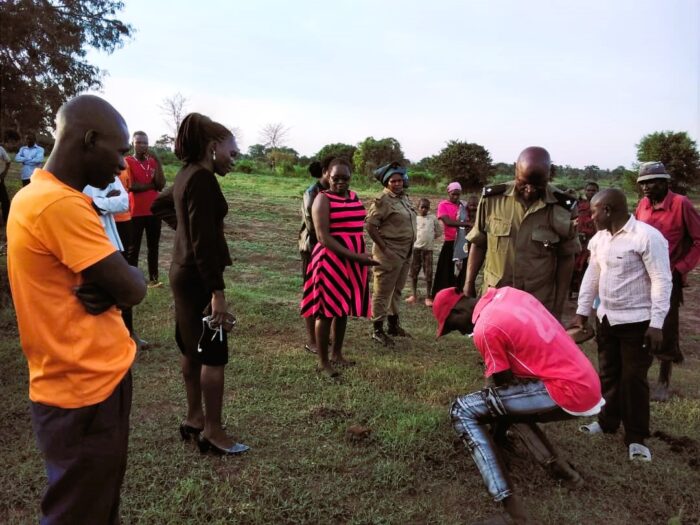
Zam expressed her heartfelt gratitude to UWONET, acknowledging that without our community engagement efforts, she would have lost her matrimonial property. Today, she cultivates crops on her land and rears her animals peacefully, serving as an inspiration to many women who have faced similar struggles.
Zam has also referred numerous women to UWONET, encouraging them to seek legal redress and support. She has become a beacon of hope, lighting the way for others in their moments of darkness
